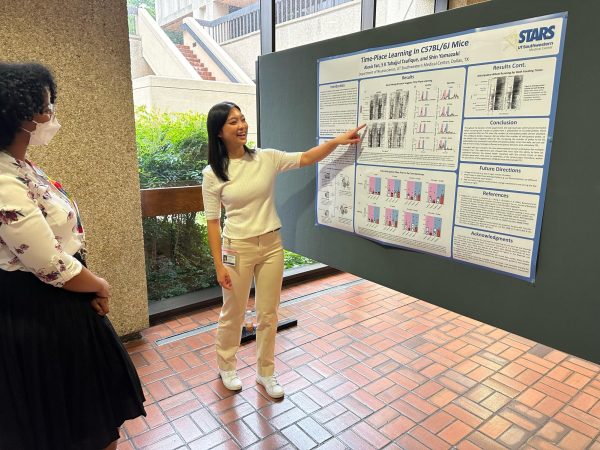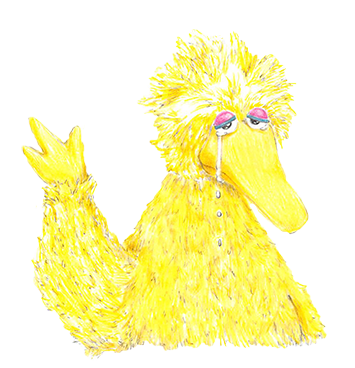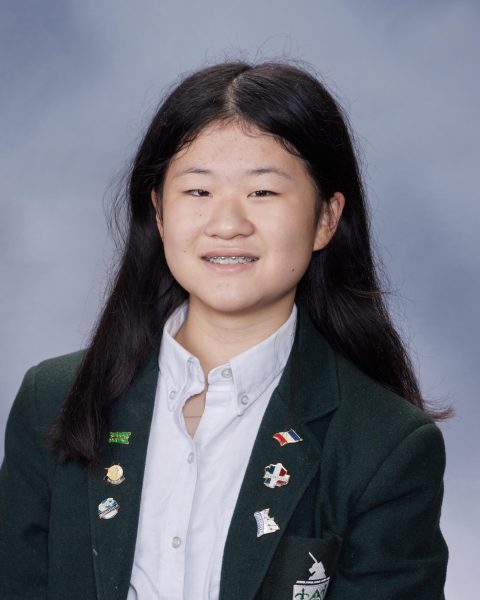For eight weeks this past summer, seniors Abby Woodberry, Alexis Fan and Gabriela Gaona represented Hockaday at the University of Texas Southwestern Medical Center’s renowned nonresidential program, STARS (Science Teacher Access to Resources at Southwestern).
Spending a minimum of 40 hours a week under the supervision of a Principal Instructor and another PhD mentor, the seniors conducted unique, lab-based research in a variety of biomedical fields. Projects and labs were assigned by UT Southwestern after students indicated preferences for three general research fields. As for the girls’ projects, they covered a diverse array of topics.

Woodberry researched the role of Fic protein modification (AMPylation) in the unfolded protein response by observing the effects of FicD mutations on skeletal health in the Orth Lab. Fan researched the circadian rhythms of mice through observing their behavioral time-place learning in relation to the food-entrainable oscillator in the Yamazaki lab. Finally, Gaona researched airway M cells in the Shiloh lab, which could potentially be the targets of more effective tuberculosis vaccine.
Interns were in only their labs during weekdays, while senior lab members came in every day to check on their data. On Wednesdays, a guest speaker would present a seminar to the STARS interns on topics relating to their research. However, each intern usually had a unique project-related schedule throughout the day.
“I would get to my lab at 9:00 a.m., greet everyone in my lab, then go to my desk and compile a list of all my tasks for the day,” Gaona said. “I’d then do my routine tasks, such as feeding my cell cultures, conducting flow cytometry and testing DNA and adenoid samples with my mentor.”
Despite working in labs on opposite sides of UT Southwestern and researching different things, the Daisies still forged a community alongside their fellow interns. Besides eating lunch together, two optional social events were held before and during the program, providing all students a chance to meet outside of a formal setting.
“It was really cool hearing about everyone’s schools and unique life experiences,” Fan said. “Everyone was talented, smart and friendly.”
At the end of the program, interns were paid a stipend and presented their research results at a symposium on July 26. Beyond the symposium, the Hockaday interns can also present their findings at Hockaday’s annual fall research symposium along with other students who have conducted research over the summer and academic year.









